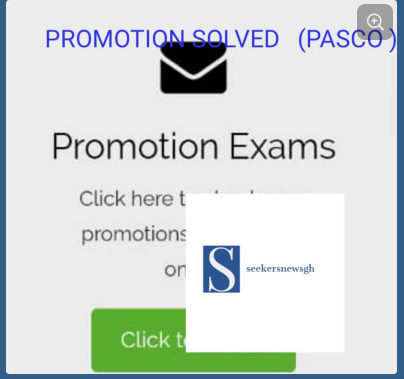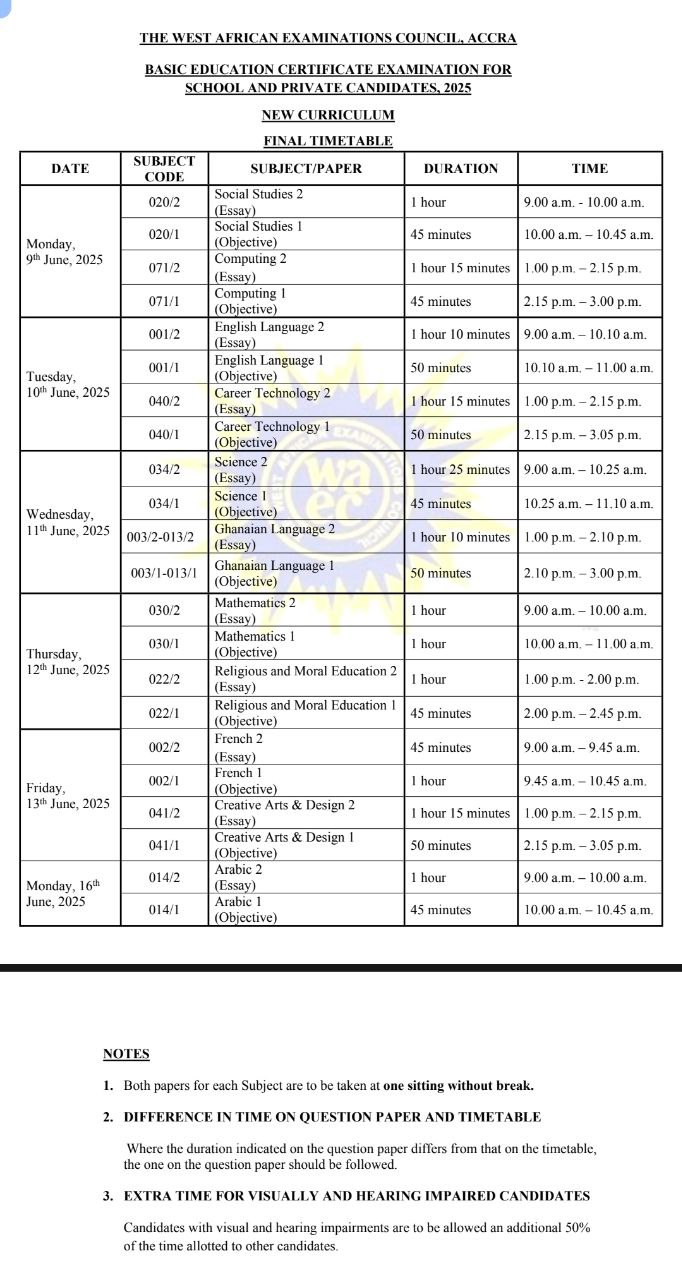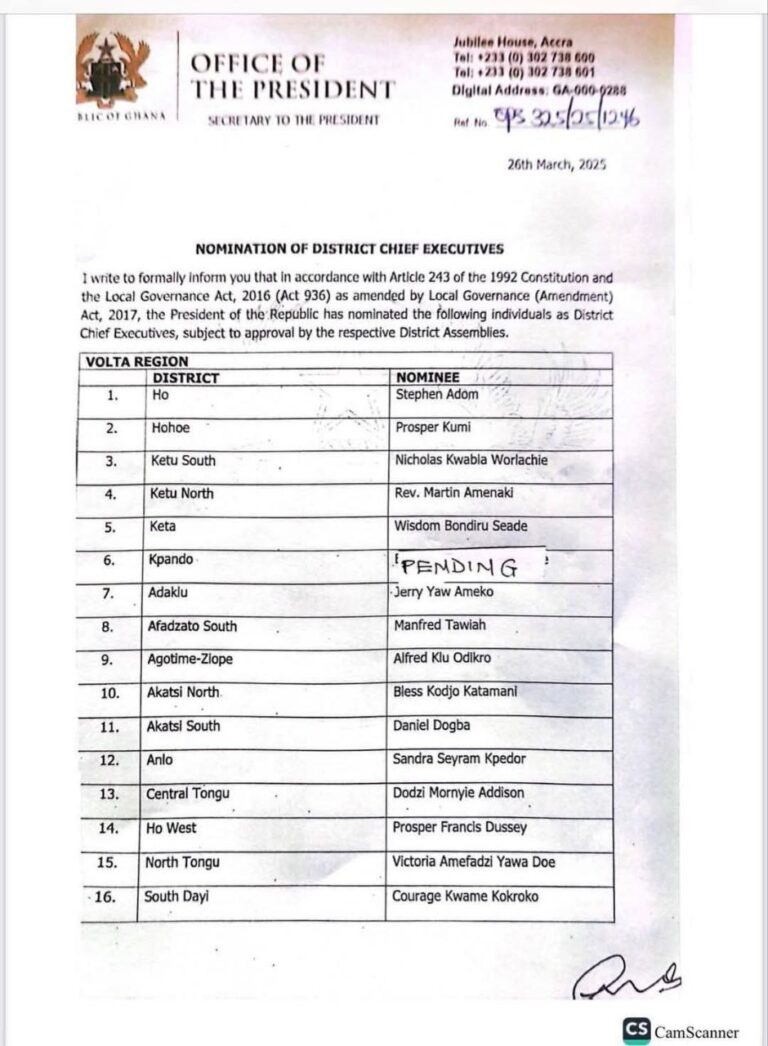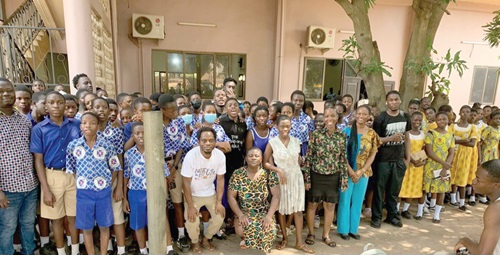ADI GES Promotion Examination Past Questions and Answers Actual December 21 By Nnandor Kwabena Ntiliban : ADI...
Ghana Teaching Standards
GES Promotion Examination Questions and Answers; PS, ADII, ADI and DD Editing ……………………….. ALL RANKS 1. Which...
Actual ADI 2020 Promotion Past Questions and Answers SECTION A – MULTIPLE CHOICE .is the information or...
Actual ADII 2023 Promotion Exams Questions and Answers Actual ADII 2023 Promotion Exams Questions and Answers Promotion...
TRUE or FALSE GES Teacher Promotion Questions and Answers Compiled YOU CAN JOIN OUR TELEGRAM OR WHATSAPP...
Deputy Director (DD) Promotion Aptitude Test Questions and Answers GES DD (DEPUTY DIRECTOR) PROMOTION APTITUDE TEST QUESTIONS...
ADII Promotion Aptitude Test Questions and Answers Try ADII Promotion Aptitude Test Questions and Answers Try ADII...
ADII Promotion Aptitude Questions and Answers GES ADII Promotion Aptitude Questions and Answers GES ADII DECEMBER, 2021...
Areas GES Promotion Aptitude Tests Cover Questions and Answers In the field of education, understanding the fundamental...
Actual ADI 2023 MOE/GES Promotion Examination Questions and Answers Actual ADI 2023 MOE/GES Promotion Examination Questions and...





